
Contaminated dairy and beef with bovine leukemia virus may contribute to cancer development.

Contaminated dairy and beef with bovine leukemia virus may contribute to cancer development.

Health information sharing web site helps connect patients among more than 2500 conditions.

Study findings may change the development of cancer therapy.

Inhibiting the protein PARP 14 shows promise in stopping uncontrolled cancer cell growth.

Study finds inhibition of the NOTCH4 signal may be a promising target to prevent the growth and spread of cancer.
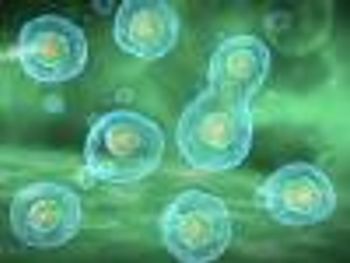
Novel method may reduce the length of treatment time and decrease side effects.

Top cancer-related news from the past week.
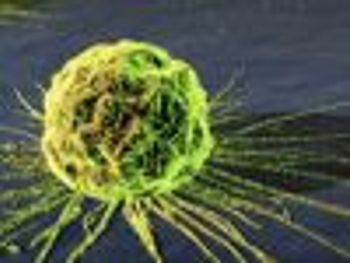
Economic development and urbanization factors influence cancer incidence growth.
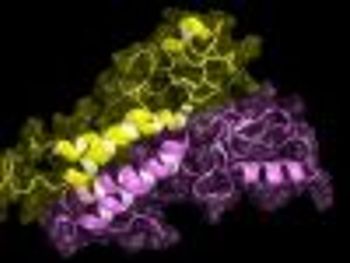
New therapeutic target may decrease breast cancer risk.

Research offers enhanced method to assess effects of cancer drugs on normal and healthy cells.

Luteolin may carry significant anti-tumor effects.

More than just biological factors can affect patient outcomes.

Technology may help improve patient outcomes through enhanced personalized medicine.

Nanopore technology may soon be adapted for early disease detection.
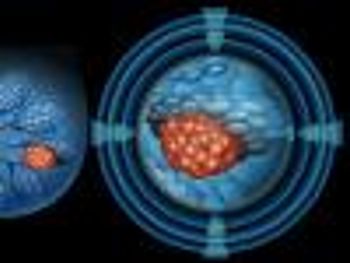
Findings could eliminate need for weeks of treatments that carry severe side effects.

Average reimbursement for Part B oncology drugs is 52% higher in 340B hospitals than in community cancer clinics.

Combination of immunotherapy and aspirin showed a substantial decrease in bowel and melanoma skin cancer growth in mice.

Treatment removes a tumor's defenses.

Chemotherapy drugs can convert gastrointestinal bacteria into toxic species that causes severe diarrhea.

Acupuncture found to help patients manage debilitating side effects from breast cancer treatment.
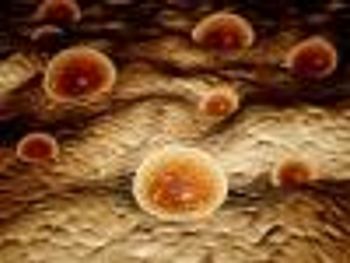
Researchers examine how a cell distinguishes between damaged DNA and foreign viral DNA.

Desire for future fertility has a negative impact on adherence to tamoxifen regimen.

Black women diagnosed with breast cancer at or below age 50 have a much higher instance of BRCA mutation.
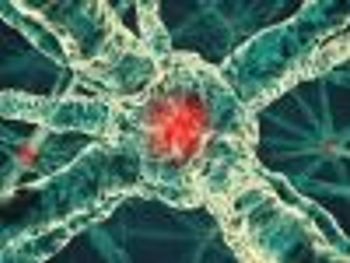
Vaccine primes immune cells to attack patient-specific tumor tissue.

The latest news in oncology treatment research.